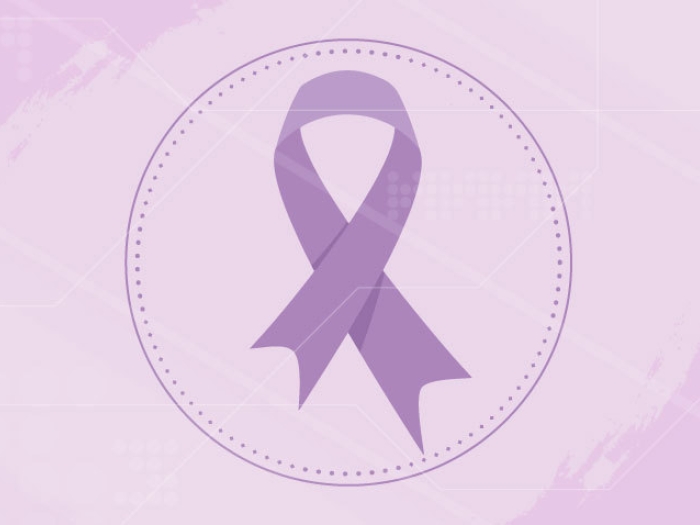A new tool uses expressive writing to help cancer patients, others cope with life challenges during the coronavirus pandemic.
1:32 PM
Author |

Living with a cancer diagnosis – whether your own or a loved one's – is difficult under the best circumstances. Living with it during a pandemic adds a whole new layer of challenge.
A new tool that gets people writing could help provide calming relief.
The University of Michigan Rogel Cancer Center created a new expressive writing tool called Making Meaning that allows people to put their thoughts and feelings into words to help relieve stress and anxiety.
SEE ALSO: Keeping Our Patients Safe During COVID-19
"Many people with cancer, while they receive excellent physical treatment, have unmet needs around their emotional care. Making Meaning is a simple way for people to express themselves and gain a sense of control and agency over these challenges," says Lawrence An, M.D., co-director of the Center for Health Communications Research at the Rogel Cancer Center.
While the tool was conceived to help people with cancer, anyone can participate by choosing one of three writing prompts:
-
What are your thoughts and feelings about your life right now?
-
Find the positive
-
What are your thoughts and feelings about the coronavirus crisis and cancer care?
Participants are directed to write for 5-10 minutes, expressing their deepest thoughts and feelings about the topic – without regard to spelling, grammar or sentence structure. The idea is just to write.
SEE ALSO: Why You Should Continue Routine Cancer Screenings During COVID-19
The whole process is anonymous and private. Submissions are analyzed by a computer using natural language processing to provide feedback based on keywords and tone. No person reads the submissions and you're never asked to provide contact information. The site includes additional coping resources for further follow-up.
Hundreds of studies have shown expressive writing can help reduce stress, improve sleep, improve mental health and potentially even boost the immune system. An and team partnered with James Pennebaker, Ph.D., professor of psychology at the University of Texas at Austin, who published the first article on expressive writing in 1986.
"One of the nice things about expressive writing is it's simple and something you can do on your own. It's a method that has a good track record and is worth trying out," Pennebaker says.

Explore a variety of healthcare news & stories by visiting the Health Lab home page for more articles.

Department of Communication at Michigan Medicine
Want top health & research news weekly? Sign up for Health Lab’s newsletters today!





